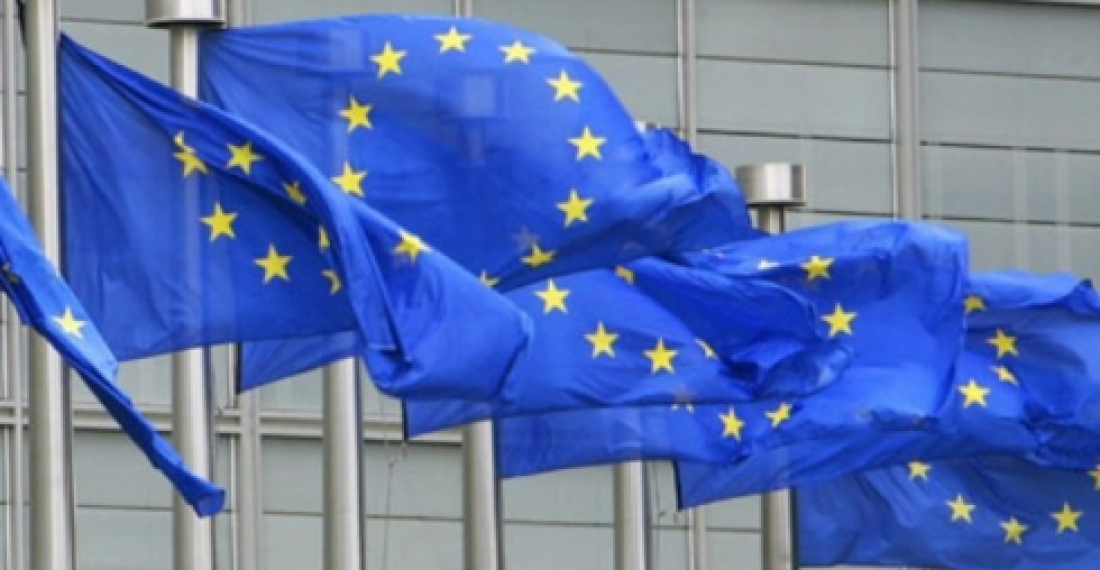Европейский Союз объявил о запуске второго этапа программ гражданского общества, направленных на поддержание миротворческих усилий в отношении конфликта вокруг Нагорного Карабаха.
Европейское партнерство за мирное урегулирование конфликта вокруг Нагорного Карабаха (EPNK) представляет собой консорциум из пяти европейских НПО, который стремится на Южном Кавказе работать с местными партнерами по широкому кругу миротворческих проектов по улучшению рамочных условий, способствующих положительному влиянию на процесс урегулирования нагорно-карабахского конфликта.
Финансируемые ЕС программы способствуют активному диалогу между широким кругом политиков, СМИ и представителями гражданского общества со всех сторон конфликта. Они также поддерживают более широкое участие в мирном процессе затронутых конфликтом людей, в том числе женщин, молодежи, внутренне перемещенных лиц и беженцев. Деятельность пролегает вокруг трех основных тем: СМИ, государственная политика и пострадавшие от конфликтов группы.
Они направлены на:
- Расширение базы участия в миротворческих инициативах, с особым вниманием к маргинальным группам;
- Укреплению доверия между всеми сторонами конфликта путем увеличения контактов между людьми;
- Содействие распространению свежего анализа и новых идей, которые бросают вызов существующим рассуждениям о конфликте, с мирным видением будущего, и
- Активное привлечение гражданского общества к диалогу с политиками на национальном и международном уровнях по преобразованию нагорно-карабахского конфликта.
Программа EPNK будет длиться три года и является продолжением программы, начатой в 2009 году в рамках Инструмента стабильности. Инструмент стабильности Европейского Союза это особый финансовый инструмент, созданный для поддержания мирного урегулирования конфликтов, де-эскалации напряженности и постконфликтного восстановления во всем мире.
Источник: Делегация Европейского Союза, Тбилиси







